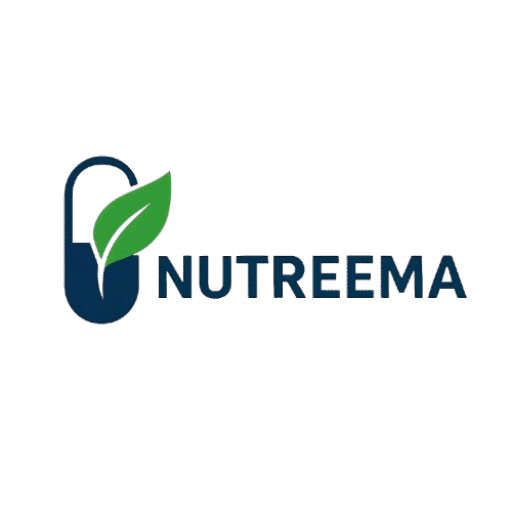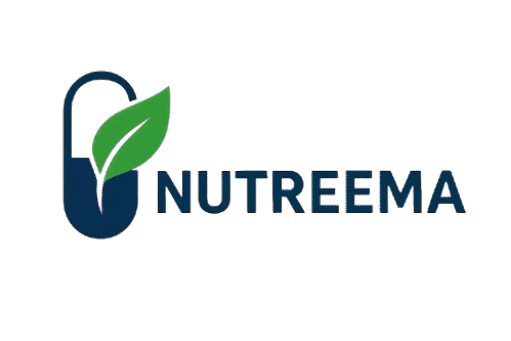Taking dietary supplements can help fill nutritional gaps, but their effectiveness depends on how well your body absorbs them. Poor absorption means wasted money and unmet health goals. To get the most out of your supplements, follow these science-backed strategies.
1. Take Supplements with the Right Foods
Certain nutrients are better absorbed when paired with specific foods:
-
Fat-soluble vitamins (A, D, E, K) – Take with healthy fats like avocado, nuts, or olive oil.
-
Iron – Pair with vitamin C-rich foods (oranges, bell peppers) to enhance absorption. Avoid calcium-rich foods, which can inhibit iron uptake.
-
Calcium – Best absorbed in smaller doses (500 mg or less) and taken with food.
-
Magnesium – Can be taken with or without food, but some forms (like magnesium citrate) absorb better with meals.
2. Consider the Best Time to Take Supplements
-
Morning: B vitamins (for energy), vitamin D (supports circadian rhythm).
-
With Meals: Fat-soluble vitamins, multivitamins (to reduce nausea).
-
Evening: Magnesium (promotes relaxation), zinc (best absorbed at night).
3. Choose the Right Form of Supplements
Some nutrient forms are more bioavailable than others:
-
Magnesium: Citrate, glycinate, or malate are better absorbed than oxide.
-
Iron: Ferrous bisglycinate is gentler and more absorbable than ferrous sulfate.
-
Vitamin B12: Methylcobalamin is preferred over cyanocobalamin for better uptake.
-
Curcumin: Pair with black pepper (piperine) or take as phospholipid-bound (Meriva or BCM-95) for better absorption.
4. Avoid Nutrient Competitors
Some minerals compete for absorption:
-
Zinc and copper – High zinc intake can deplete copper; balance both.
-
Calcium and iron – Take them at different times of the day.
-
Fiber and minerals – Excessive fiber can bind to minerals like zinc and magnesium, reducing absorption.
5. Support Gut Health for Better Absorption
A healthy gut improves nutrient uptake:
-
Probiotics help break down and absorb nutrients.
-
Digestive enzymes (like bromelain or betaine HCl) may aid protein and mineral absorption.
-
Reduce antinutrients like phytates (found in grains and legumes) by soaking, sprouting, or fermenting foods.
6. Stay Hydrated
Water helps dissolve water-soluble vitamins (B-complex, vitamin C) and supports digestion.
7. Monitor Medication Interactions
Some medications interfere with nutrient absorption:
-
Antacids reduce B12, magnesium, and iron absorption.
-
Antibiotics may deplete probiotics and certain vitamins.
-
Statins can lower CoQ10 levels.
Conclusion
To maximize the benefits of your supplements, focus on proper timing, food pairings, and high-quality forms. Supporting gut health and avoiding nutrient blockers will further enhance absorption. Always consult a healthcare provider before making changes to your supplement regimen.
By optimizing absorption, you ensure your body gets the full benefits of every nutrient you take!


